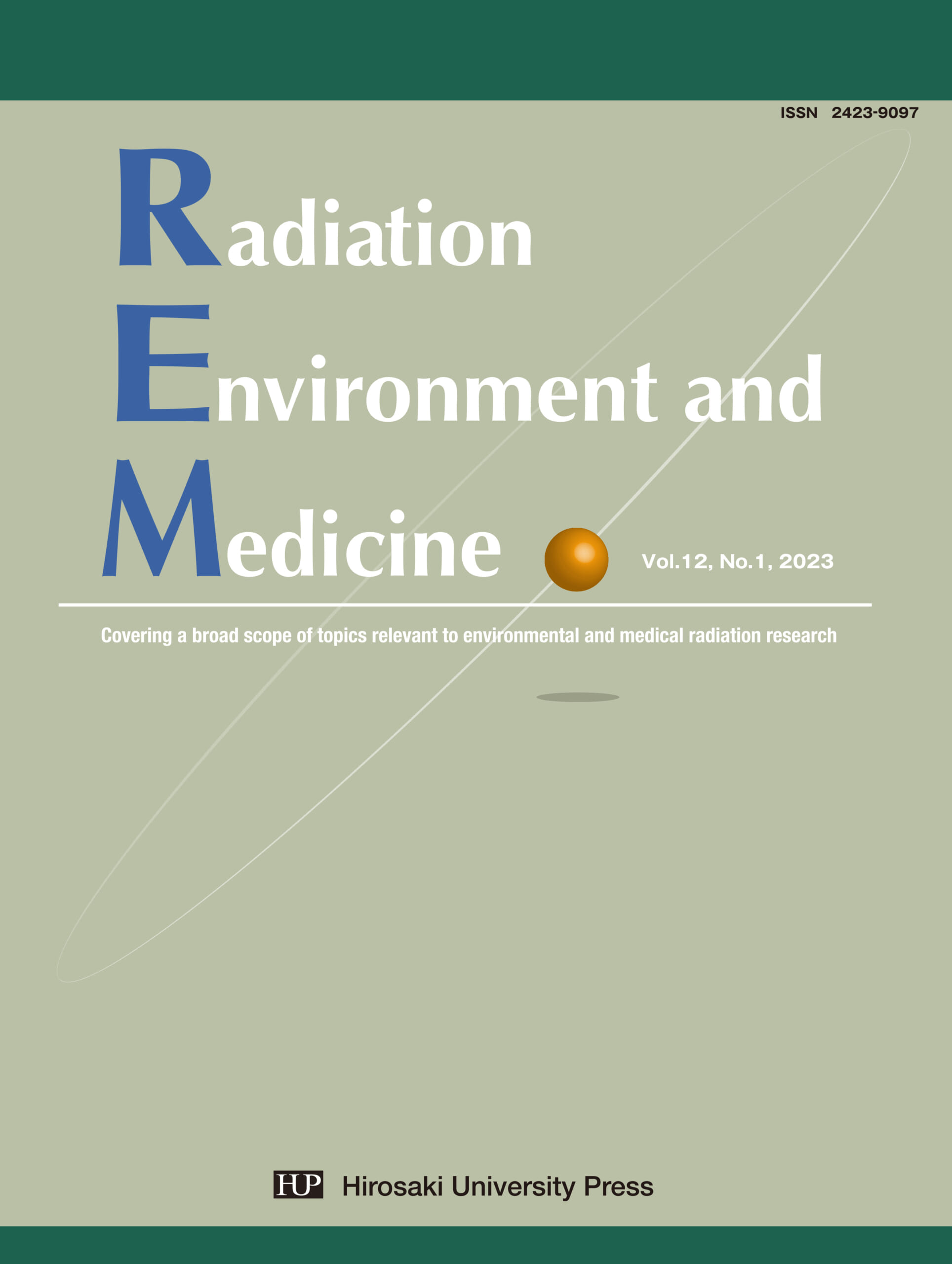Radiation-induced Cell Death: a Multifaceted Sequel Shaping Radiation Effects
View article content
Keiji Suzuki*
Department of Radiation Medical Sciences, Atomic Bomb Disease Institute, Nagasaki University,
1-12-4 Sakamoto, Nagasaki 852-8523, Japan
- Abstract
Exposure of cells to ionizing radiation (IR) results in DNA damage, among which DNA double-strand breaks (DSBs) are the most deleterious to human health. Although DSBs are efficiently mended by DSB repair systems, intolerant radiation doses cause unreparable DSBs, which persistently activate DNA damage signaling pathway. As a result, cell death is executed. A number of cell death modes have been described, including apoptosis, premature senescence, necrosis, and autophagy. While the mode of cell death is dependent on the stimuli given to cells, apoptosis and premature senescence have been documented in several studies as the two representative modes of cell death in response to radiation exposure. Particularly, it is becoming more aware that premature senescence is the common cause of cell death in various nonhematopoietic tissues, including epithelial tissues, mesenchymal tissues, and endothelial and lymphatic cells. Further studies have demonstrated that secretory phenotype is common to senescent cells, and soluble factors secreted from senescent cells, such as cytokines, chemokines, growth factors, and matrix remodeling factors, are those deeply involved in the execution of both acute and late radiation health effects. Moreover, recent evidences have demonstrated a close connection between radiotherapy-induced senescence and the development of adverse effects. Current review overviews the modes of cell death caused by radiation exposure, and discusses the physiology of cellular senescence, molecular mechanisms of radiation-induced premature senescence, significance of premature senescence in tissue reaction and late effect. Moreover, recent approaches towards the amelioration of health effects by senolytic chemicals that enable elimination of senescent cells from tissues will be presented.



